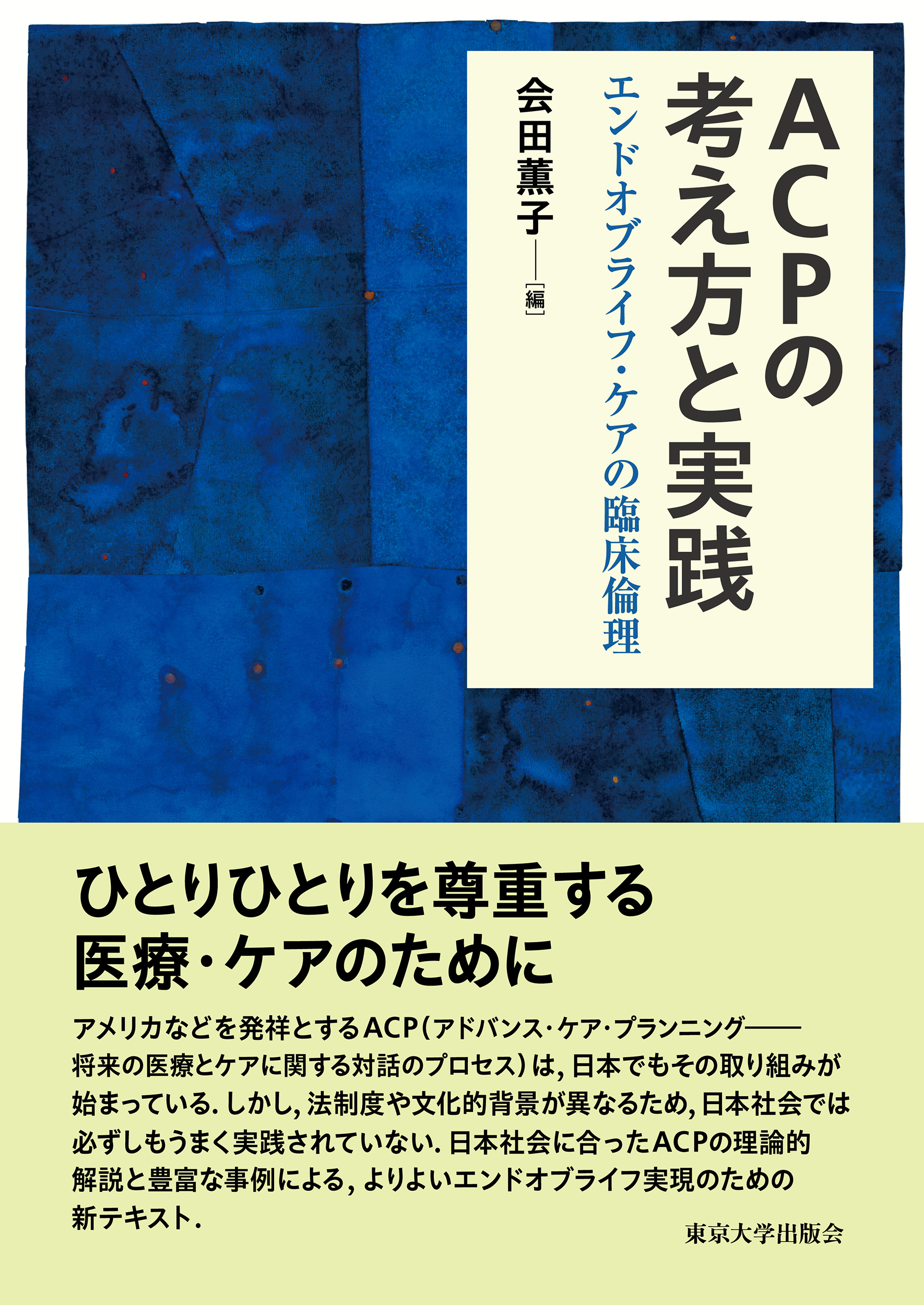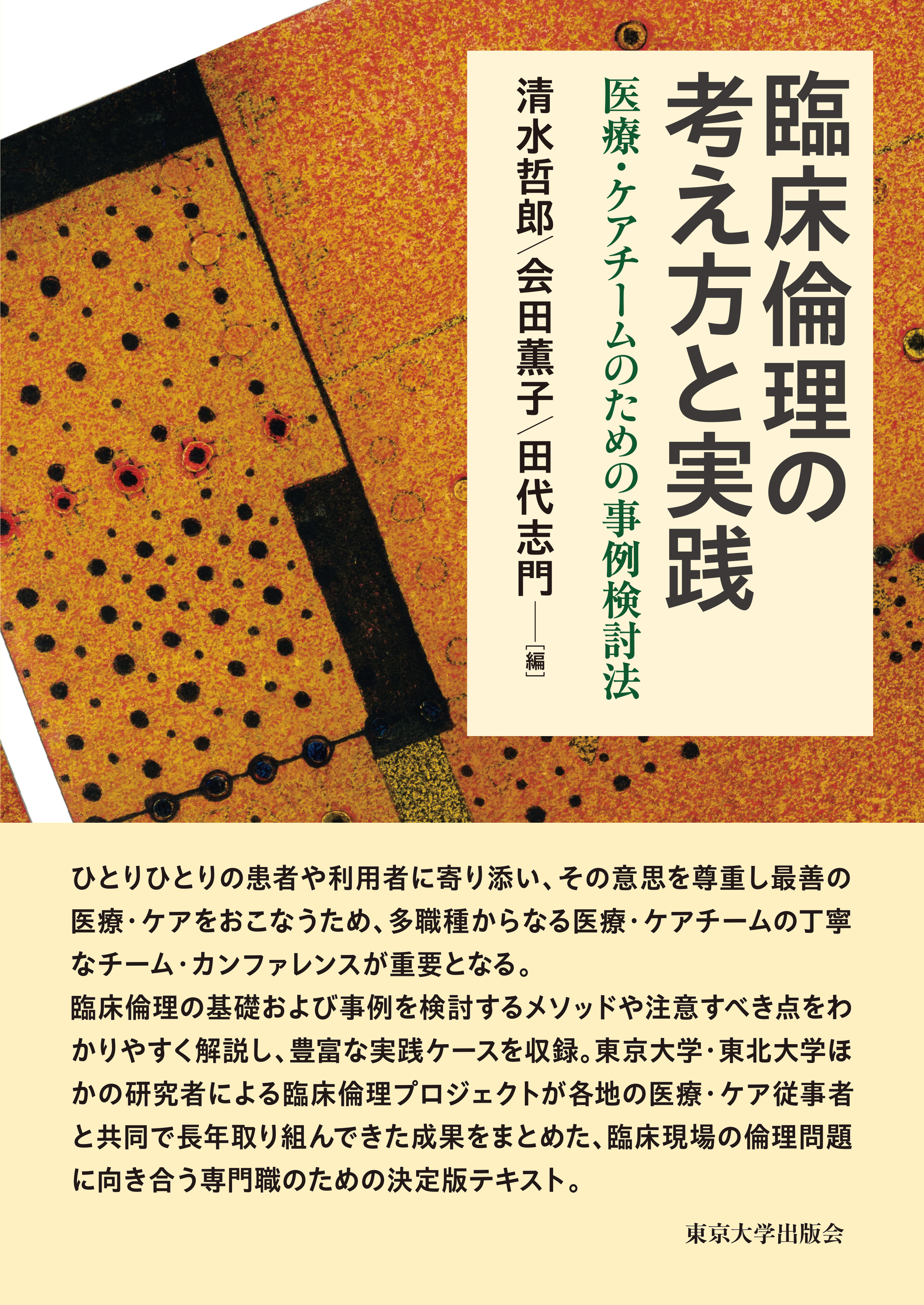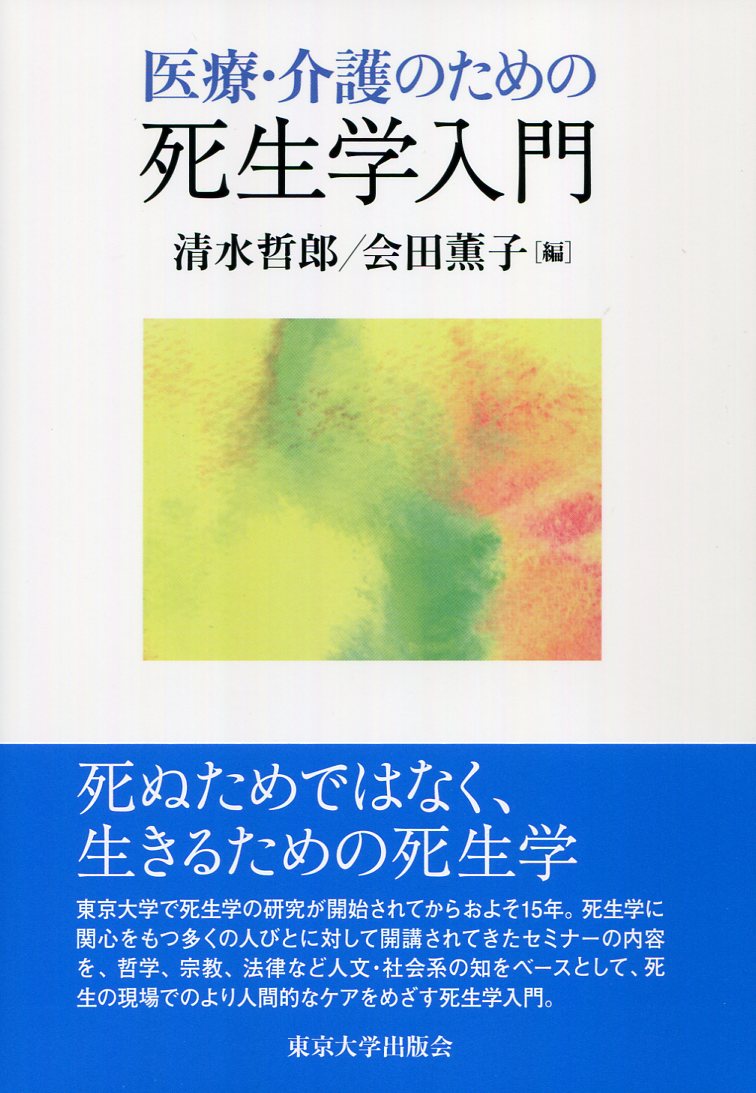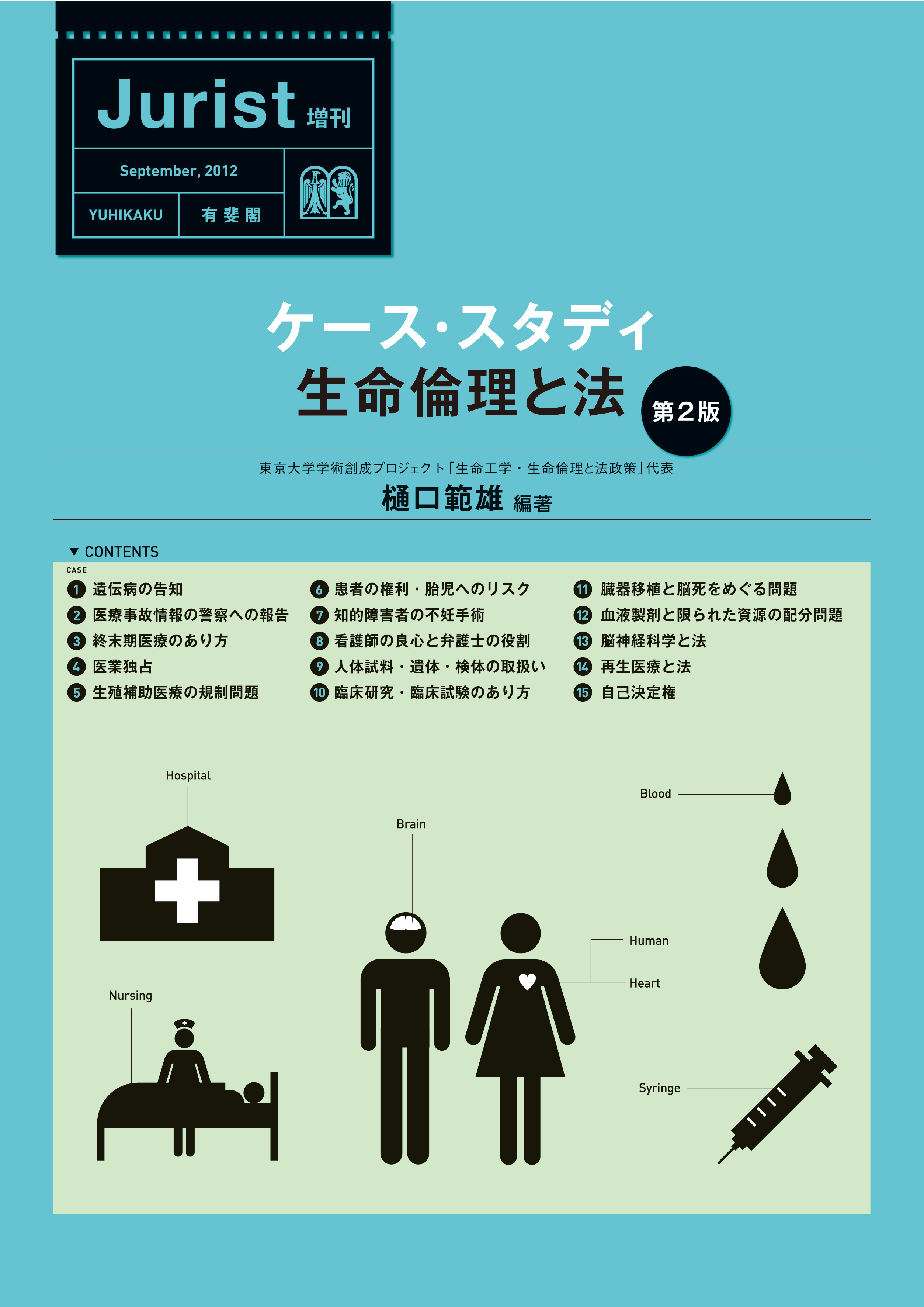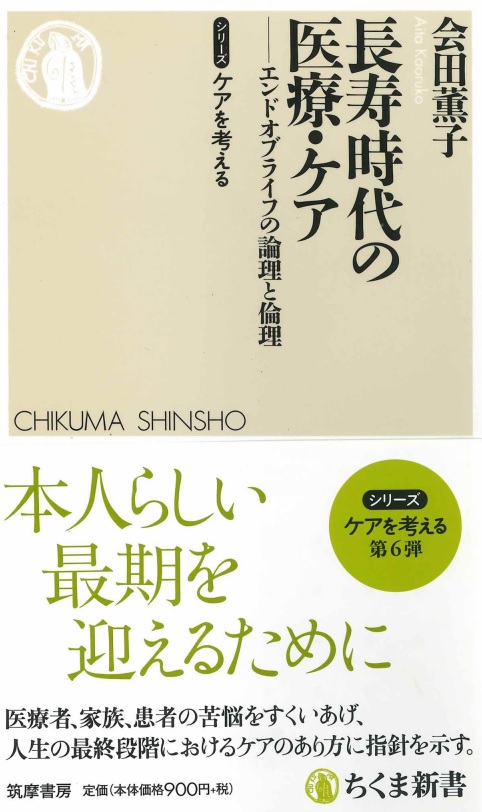
Title
[Chikuma Shinsho] Series: Thoughts on Caregiving Chōju jidai no iryō kea (Medicine and Caregiving in the Age of Longevity - Logic and Ethics in End of Life)
Size
304 pages, paperback pocket edition
Language
Japanese
Released
July 04, 2019
ISBN
978-4-480-07239-9
Published by
Chikuma Shobo
Book Info
See Book Availability at Library
Japanese Page
Since the latter half of the twentieth century, efforts to extend survival in medicine and medical care have led to a revolution in life expectancy. In 1947, average life expectancy in Japan was 50 years; by 2019, it had gone up to 88 years for women and 81 years for men. Japan is now one of the top-ranking countries in the world for longevity.
At the same time, longevity has meant that in the process of the physical and mental changes that accompany aging, there are occasions in which medical practices are causing pain and impairing the individual’s self-esteem and sense of self-affirmation. While many people are now living longer, very old people in advanced stages of frailty are often subjected to burdensome medical procedures that deprive them of a peaceful end. How should we deal with this dilemma? How is a long life to be made a long and happy life?
This is the core theme of clinical death and life studies, which analyzes and considers "how each person can live the story of life in his or her own way and how medical and care professionals can support them." This is an important central theme in the clinical ethics of end-of-life care.
No matter what field of medicine is being discussed, the discussion must be based on the new medical knowledge of the times. Appropriate medical decisions lay the groundwork for ethically appropriate decision-making. Inappropriate medical decisions make appropriate ethical decisions impossible. Medical knowledge is constantly changing with the times and that means we need to keep learning.
Sometimes, however, new medical findings may deviate from what has traditionally been considered common sense or common emotional reactions and this can cause decision-making problems in clinical practice.
For example, older patients in their final stages of a long life are typically frail or suffer symptoms of Alzheimer's disease and other diseases, and are likely to struggle with eating and drinking. Should they then be compelled to undergo a gastric bypass, have a nasal tube inserted or be put on an IV so that they can be given the nutrients that is considered they need? What do such measures mean, both medically and ethically?
To clarify this dilemma, the author sought to delve into previous studies of the subject, but finding little material in Japan, went on to conduct a qualitative study employing sociological methodology to ask questions of clinicians. This served to open the “black box” and reveal the variables within which could be used to construct hypotheses. A quantitative study was then carried out using a longitudinal survey to achieve highly original research findings. These findings have been incorporated into the guidelines of relevant medical associations and are being applied widely throughout Japan in making medical and caregiving decisions for individual patients.
In addition to the above, this book examines the blind belief in the efficacy of intravenous drips at the end of life and what it means to undertake CPR or inject antimicrobials at the end of life. Coherent assessments based on data and theory are also made of aging and frailty, a field of medical science that has seen rapid development since the start of this century, to craft scientific and ethical responses to problems of too little medical care, discrimination based on age, advance care planning, and other issues related to mortality and clinical ethics in the “super-aged” society.
(Written by AITA Kaoruko, Project Professor, Graduate School of Humanities and Sociology / 2020)
Related Info
http://www.l.u-tokyo.ac.jp/dls/ja/staff.html



 Find a book
Find a book


